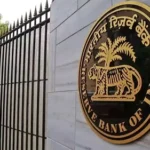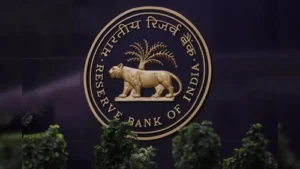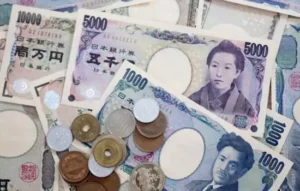In a major financial setback, Pakistan has witnessed the cancellation of a significant loan worth Rs 42,404 crore (approximately $5.7 billion) by the World Bank and China. This development comes amid mounting concerns over the economic policies and governance under the Shehbaz Sharif administration. As the country grapples with financial instability, this cancellation adds to the challenges of navigating its already strained economy.
The Financial Crisis and Loan Cancellation
The cancellation of the loan follows Pakistan’s failure to meet performance benchmarks and provide assurances on effective utilization of funds. China, a long-term strategic ally, and the World Bank have reportedly expressed dissatisfaction over the lack of progress in infrastructure projects and other deliverables funded by earlier loans.
The World Bank’s stringent evaluation highlighted key governance and accountability issues within Pakistan’s economic management, leading to a decision against further disbursement. Similarly, China, which has invested heavily through its Belt and Road Initiative (BRI), cited underperformance and financial mismanagement as reasons for the loan withdrawal.

Shehbaz Sharif’s Government Under Pressure
The Shehbaz Sharif-led government has been under increasing scrutiny both domestically and internationally. Despite efforts to stabilize the economy through foreign borrowing, the cancellation of such a massive loan underscores deep-rooted structural problems.
Critics argue that the administration’s inability to implement reforms, curb corruption, and streamline developmental projects has led to this crisis. Pakistan’s reliance on external loans for economic sustenance has exposed its vulnerability, leaving the government in a precarious position.
China’s Discontent: A Strategic Shift?
The cancellation of the loan by China raises pertinent questions about its long-term economic relationship with Pakistan. China has been a major financier of Pakistan’s infrastructure projects, especially through the China-Pakistan Economic Corridor (CPEC), a flagship initiative under the BRI.
However, China’s growing concerns over project delays, financial mismanagement, and Pakistan’s inability to meet repayment schedules have strained this partnership. Analysts believe this move could indicate China’s hesitation to extend unchecked financial support without concrete returns.
The cancellation of funds may also signal China’s reassessment of its strategic priorities in the region, particularly as economic risks mount amid Pakistan’s political uncertainty.
World Bank’s Accountability Framework
The World Bank’s decision highlights its renewed focus on accountability, transparency, and performance-based lending. For years, Pakistan has relied on international financial institutions to bridge fiscal deficits. However, repeated failures to meet structural reform targets and improve project implementation have now led to stricter evaluations.
The World Bank’s withdrawal serves as a warning for Pakistan to prioritize governance reforms, reduce dependency on loans, and focus on sustainable economic strategies. Without corrective measures, access to future funding from international institutions may be further jeopardized.
Economic Fallout for Pakistan
The cancellation of the Rs 42,404 crore loan will have a cascading impact on Pakistan’s fragile economy. The country is already grappling with rising inflation, currency depreciation, and dwindling foreign exchange reserves. This loss of critical financial support may exacerbate its balance of payments crisis and delay much-needed infrastructure projects.
Moreover, Pakistan’s credit ratings and investor confidence are likely to take a hit, making it harder for the government to attract foreign direct investment (FDI) or secure additional loans. The pressure on the country’s financial system could force the government to implement unpopular austerity measures, further burdening the public.
Calls for Economic Reforms
Economists and policy experts have called on the Sharif government to enact urgent economic reforms. These include:
- Strengthening governance frameworks and enhancing accountability in project execution.
- Reducing fiscal deficits through revenue generation and expenditure rationalization.
- Promoting private-sector growth to reduce reliance on foreign loans.
- Prioritizing repayment of existing debt to restore credibility with international lenders.
Without meaningful reforms, Pakistan risks falling deeper into economic turmoil, which could have broader implications for regional stability.
Conclusion
The cancellation of the Rs 42,404 crore loan by the World Bank and China serves as a stark reminder of the challenges facing Pakistan’s economy. It underscores the urgent need for structural reforms, transparent governance, and effective economic management. As Pakistan navigates this financial blow, the onus lies on the Shehbaz Sharif government to restore confidence and steer the nation toward economic stability.
For a country heavily dependent on external borrowing, this development could be a turning point—an opportunity to reassess policies, strengthen institutions, and pave the way for a more sustainable economic future.


















